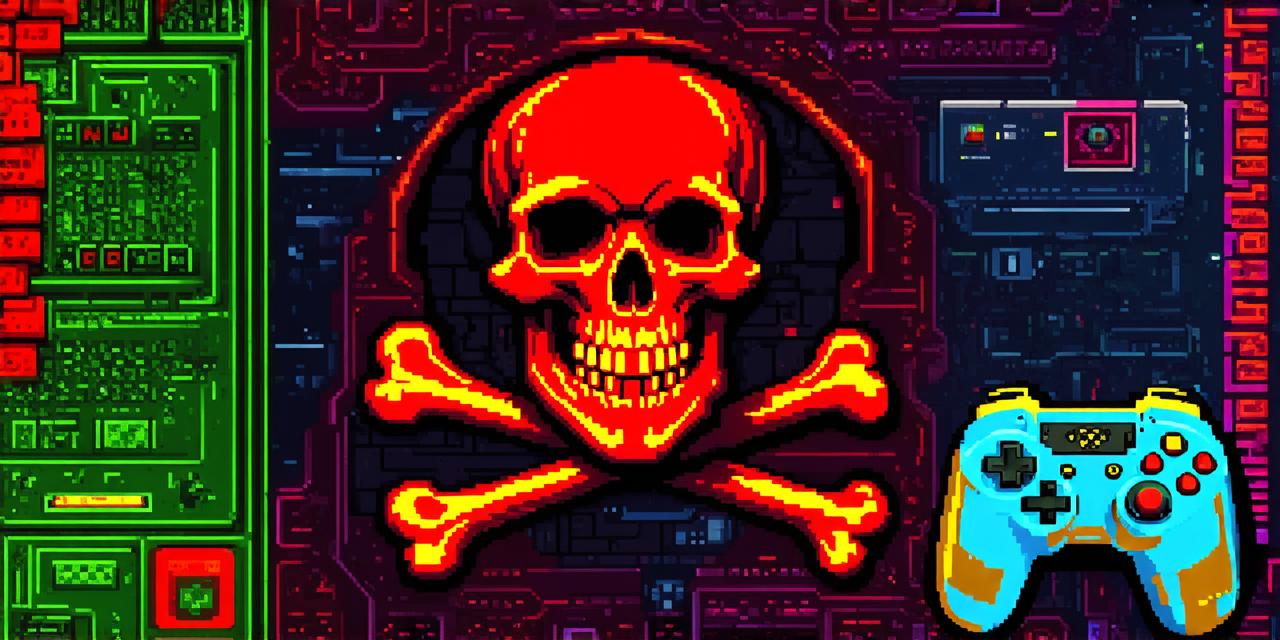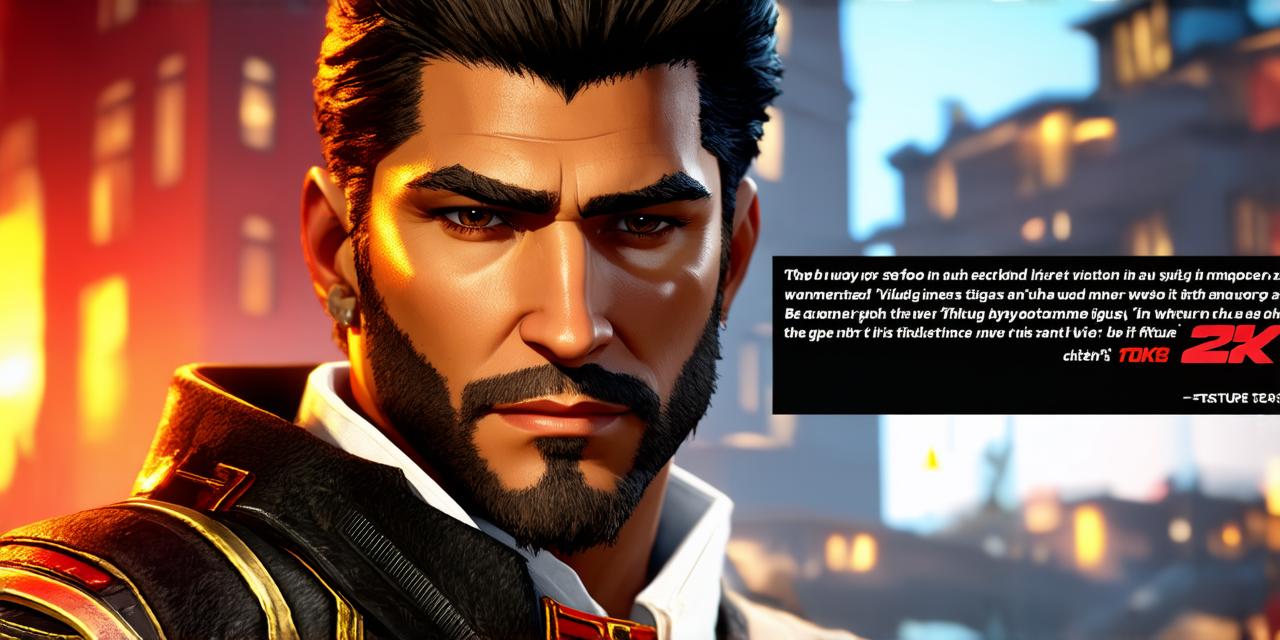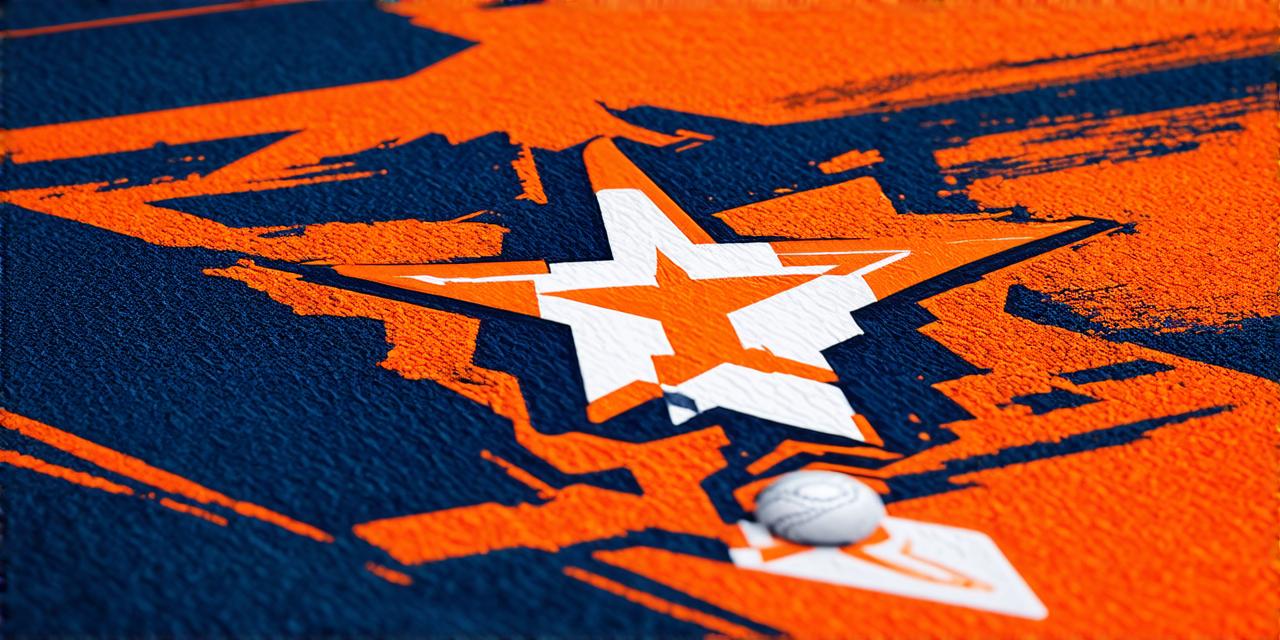Piracy is a common issue in the gaming industry, and it can have serious consequences for both developers and players. In this article, we will explore what pirating a video game means, its impact on the gaming community, and ways to prevent it.
What is Pirating a Video Game?
Pirating a video game refers to the unauthorized use or distribution of copyrighted software without obtaining a valid license. This can be done in many ways, including:
- Downloading pirated copies from unreliable sources
- Using emulators or other software to bypass security measures
- Sharing or distributing copies without permission
The consequences of pirating a video game can be severe. Developers lose revenue and may not be able to continue supporting or updating the game. Players also face legal risks, as using copyrighted software without permission is illegal in many countries.
Impact on the Gaming Community
Piracy can have a significant impact on the gaming community, including:
- Reduced revenue for developers, which can lead to fewer games being developed or less investment in existing games
- A loss of trust between players and developers, as pirates often use malicious software or distribute low-quality copies
- The spread of misinformation about game features and bugs, as pirated copies may not be thoroughly tested or updated
Preventing Piracy
There are several ways to prevent piracy in the gaming industry:
- Developers can implement strong anti-piracy measures, such as digital rights management (DRM) or watermarking
- Players can use legitimate sources for downloading and purchasing games, such as official stores or trusted websites
- Education and awareness campaigns can help players understand the risks and consequences of piracy

Case Study: Steam’s Anti-Piracy Measures
Valve Corporation, the developer behind the popular gaming platform Steam, has implemented several anti-piracy measures to protect its games and users. These include:
- Digital rights management (DRM) to prevent unauthorized copying and distribution of games
- Regular updates and patches to fix bugs and improve game performance
- A community-driven reporting system for identifying and removing pirated copies
By implementing these measures, Steam has been able to reduce piracy and maintain a strong reputation as a trusted source for gaming software.
Expert Opinion: “Piracy is a major issue in the gaming industry, but developers can take steps to protect their games and users.” – John Carmack, co-founder of id Software and creator of Doom and Wolfenstein 3D.
Summary
Pirating a video game can have serious consequences for both developers and players. By understanding the impact of piracy and taking steps to prevent it, we can help ensure a sustainable and thriving gaming community. As developers, it is important to implement strong anti-piracy measures and educate users about the risks and consequences of piracy. As players, it is important to use legitimate sources for downloading and purchasing games and report any suspicious activity to protect the gaming community.
FAQs
What is pirating a video game?
Pirating a video game refers to the unauthorized use or distribution of copyrighted software without obtaining a valid license.
How does piracy impact the gaming community?
Piracy can lead to reduced revenue for developers, a loss of trust between players and developers, and the spread of misinformation about game features and bugs.
What anti-piracy measures can developers implement?
Developers can implement strong anti-piracy measures, such as digital rights management (DRM) or watermarking, to protect their games and users.
How can players prevent piracy?
Players can use legitimate sources for downloading and purchasing games, and report any suspicious activity to protect the gaming community.



